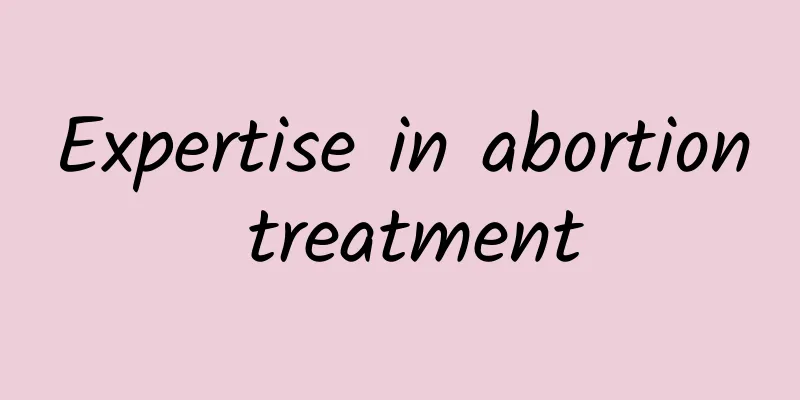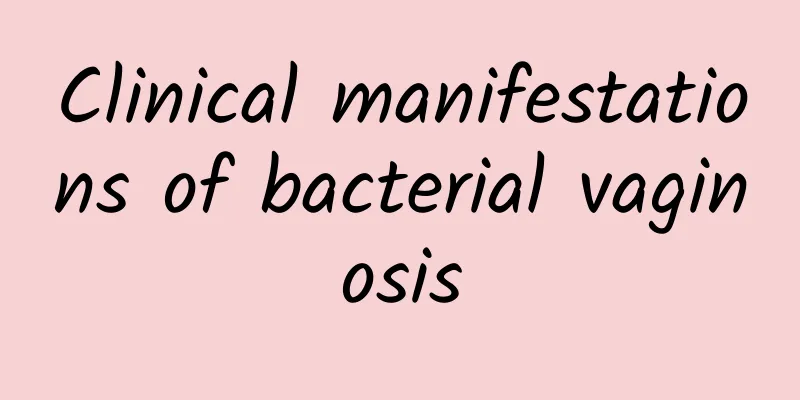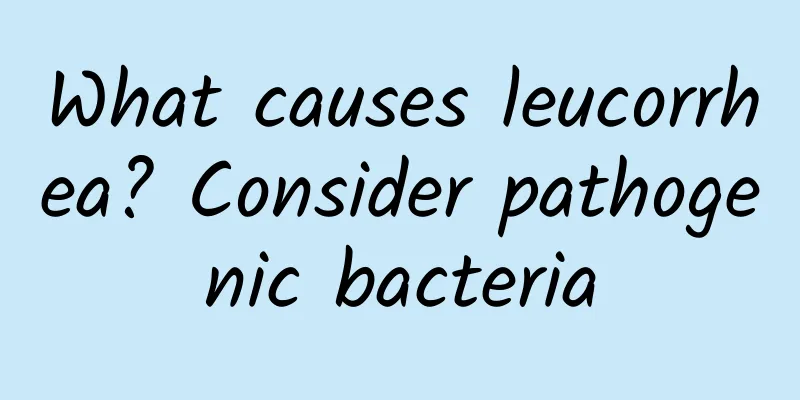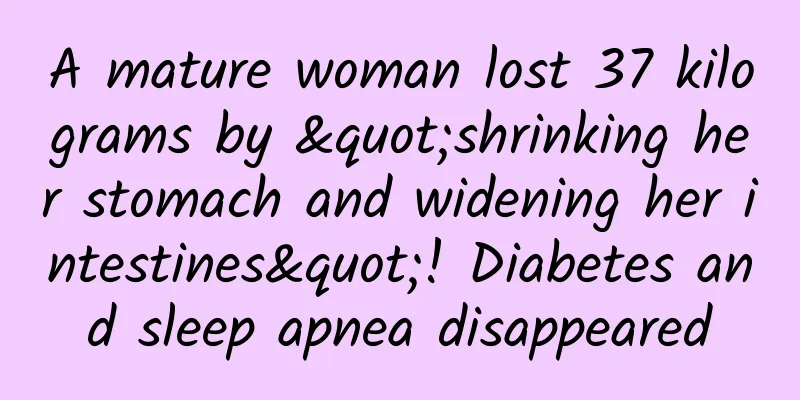Five dietary misunderstandings about cervicitis in women: patients with cervicitis should not eat three types of food
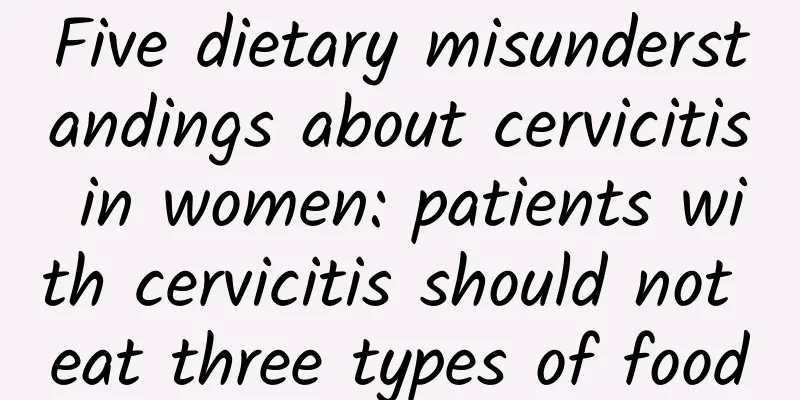
|
As a common gynecological disease, female cervicitis has been paid attention to by women, but most women do not know what to pay attention to in their diet for cervicitis, so it often relapses after recovery. So what should be paid attention to in the diet for cervicitis? What are the misunderstandings about the diet for cervicitis? Cervicitis is a very serious gynecological disease. In addition to actively seeking medical treatment, you also need to pay attention to your daily diet. Eating the wrong food will affect the condition. The following experts will tell you the misunderstandings that women with cervicitis should pay attention to in their diet. Don't make the same mistake again. Cervicitis is one of the common gynecological diseases, including inflammation of the vaginal part of the cervix and inflammation of the endocervical mucosa. Because the squamous epithelium of the vaginal part of the endocervical canal is continuous with the squamous epithelium of the vagina, vaginal inflammation can cause inflammation of the vaginal part of the cervix. Since the endocervical mucosal epithelium is a single-layer columnar epithelium, it has poor resistance to infection and is prone to infection. The most common clinical cervicitis is acute endocervical mucosa inflammation. If acute cervicitis is not diagnosed and treated in time or the pathogen persists, it can lead to chronic cervicitis. Dietary Misconceptions about Cervicitis in Women 1. Spicy fried and warm foods If you have cervicitis, you should avoid spicy, fried, and warm foods, such as peppers, onions, mustard, roasted chicken, beef, mutton, dog meat, etc. Because these foods are mostly hot, if you eat them, you may get hot and get angry, which will aggravate your condition. 2. Avoid smoking and drinking The irritation of tobacco and alcohol is very harmful, and they are warm and stimulating foods. If you do not quit smoking and drinking during treatment, it will not only be difficult to achieve the treatment effect, but it may also aggravate the condition. 3. Avoid seafood and river fish If you suffer from cervicitis, you should avoid eating seafood and other irritating foods. For example, marine fish, shrimp, crab, clams, abalone and other river fish and seafood are all irritating foods. Eating them during treatment will not help to relieve inflammation. 4. Avoid sweet and greasy foods Experts point out that if you suffer from cervicitis, you should not eat overly sweet foods, such as candy, cream cake, eight-treasure rice, pork, mutton fat, egg yolks, etc., because these foods have a moistening effect, which will reduce the treatment effect of cervicitis and make the disease difficult to cure. 5. Avoid eating foods containing hormones Longan, red dates, donkey-hide gelatin, royal jelly and other foods that are hot, coagulant and contain hormones should be avoided. If patients with cervicitis eat these foods, it is easy to cause weakened coagulability, heavy bleeding and hormone imbalance. Foods that patients with cervicitis should not eat 1. Lamb, shrimp, crab, eel, salted fish, black fish and other irritating foods. 2. Eat spicy foods and drinks such as chili peppers, peppercorns, raw onions, raw garlic, and white wine. 3. Avoid eating foods that are hot, coagulant, or contain hormones, such as longan, red dates, donkey-hide gelatin, and royal jelly. In addition, you should also pay attention to personal hygiene to prevent infection, especially in summer when it is easy to attract germs, so you should pay attention to keeping the vulva clean on a daily basis, pay attention to hygiene after abortion and during the postpartum period, and prevent infection; women should pay attention to their lives, not have sex during menstruation, do a good job of family planning, avoid unplanned pregnancy, have fewer or no artificial abortions, so as not to reduce resistance and bacterial infection; the diet should be light, eat more foods rich in high protein and vitamins to enhance their own resistance. Food only plays an auxiliary role. It is more important to go to the hospital for professional treatment in time, because different diseases require different treatments. |
>>: How to tell if you have cervicitis? Check for these 5 symptoms of cervicitis
Recommend
What to do if you have menstrual pain
What should I do if I have lower abdominal pain d...
Top 3 detox products to turn your L-shaped body into an S-shaped one
Who says you have to starve to lose weight? The k...
How are uterine fibroids caused?
Uterine fibroids may be caused by genetic factors...
Why do I only have my period once every March or April?
Menstruation only once every 3 to 4 months is usu...
Painless abortion price, painless abortion cost
What should we pay attention to before having an ...
What preparations should be made before painless abortion surgery?
For many female friends who have unexpected pregn...
Experts explain the common causes of chronic pelvic inflammatory disease
Chronic pelvic inflammatory disease is a gynecolo...
Coffee is a "superfood"! Drinking coffee before and after exercise not only burns calories, but also has "these" benefits
In order to stay alert, office workers drink a cu...
Are uterine fibroids serious?
Are uterine fibroids serious? Uterine fibroids ar...
How to treat third-degree cervical erosion in women? Several treatment methods for third-degree cervical erosion
The third degree of cervical erosion is a relativ...
Explore simple ways to treat dysmenorrhea
Most female friends suffer from diseases such as ...
Help you understand some treatment methods for vulvar leukoplakia
Vulvar white lesions are also called vulvar white...
What are the test indicators for adenomyosis?
What are the examination indicators for adenomyos...
Clinical manifestations of menopausal dysfunctional uterine bleeding
After women enter menopause, their ovarian functi...
What should I do if my vagina becomes swollen and itchy after menstruation?
What should I do if my vagina becomes swollen and...
